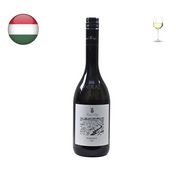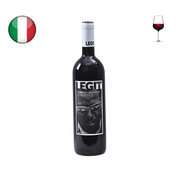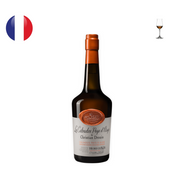Tomatin Distillery is located in the Scottish Highlands, south of Inverness near the Monadhliath Mountains. Founded in 1897, its operations rely on water sourced from the Alt-na-Frith burn, meaning "Free Burn," which flows over peat and through granite bedrock before reaching the distillery.
Over much of the 20th century, Tomatin primarily produced malt whisky for blended Scotch. Significant expansion occurred mid-century, and by the 1970s, it operated 23 stills, making it the largest distillery in Scotland at that time. Financial difficulties in the early 1980s led to administration in 1985. The distillery was acquired by the Japanese company Takara Shuzo in 1986, becoming one of the first Scotch distilleries under Japanese ownership.
The distillery primarily produces non-peated single malt Scotch whisky characterized by a light, sweet, and fruity profile. Common flavour notes associated with Tomatin single malts include green apple, vanilla, honey, and gentle spice.
The distillery also produces a peated spirit, released under the separate brand name Cù Bòcan (Gaelic for "ghost dog"), which features a lighter smoke influence and is produced only during winter months.
Key production techniques contributing to this style include extended fermentation times, typically lasting 65-75 hours in wooden washbacks to promote the development of fruity esters, and the use of tall, narrow copper pot stills equipped with downward-angled lyne arms. This still configuration promotes increased reflux, resulting in a lighter and cleaner new-make spirit. Maturation primarily utilizes ex-bourbon barrels, often first-fill for core expressions, and ex-Oloroso sherry casks. Tomatin actively experiments with other cask types, including ex-wine, ex-port, and Japanese Mizunara oak, particularly for limited editions and releases exclusive to the Japanese market. The distillery continues to supply malt whisky for blended Scotch brands, notably The Antiquary.
Several factors differentiate Tomatin within the Highland region. It successfully transitioned focus from large-scale blend production to a significant emphasis on core and premium single malt expressions. Its flavour profile offers a consistently lighter, fruitier, and less robust style compared to many other Highland malts. Japanese ownership enables unique projects such as Japan-exclusive bottlings and specific cask experiments like Mizunara oak maturation. The specific combination of long fermentation times and the design of its tall stills with downward-angled lyne arms is a defining technical characteristic shaping its spirit.
Sustainability is a core commitment for Tomatin Distillery, recognized by its award as Sustainable Distillery of the Year at the Whisky Magazine’s Icons of Whisky Awards 2023. Reducing greenhouse gas emissions and increasing non-fossil fuel use are central to its efforts. A cornerstone initiative was the installation in 2013 of Scotland’s first environmentally efficient wood pellet-fuelled steam boiler for production, which now supplies 80% of the distillery's energy needs using biomass fuel; the remaining 20% is covered by LPG during peak demand. Water conservation measures include a weir installed in 2019 to prevent over-abstraction and protect the downstream environment, and control valves added to the cooling system in 2021, which reduced water consumption by more than half. Spent grain (draff) is no longer used for animal feed but is instead sent to a biogas plant to generate green sustainable fuel fed into the mains gas network. Effluent streams from production are treated and spread on local land as a soil improver. The distillery actively partners with organizations like Highland Tourism CIC to promote sustainable tourism and conservation, including a peatland restoration initiative linked to the Cù Bòcan brand to offset its minimal peat usage. Tomatin is also working with the Scotch Whisky Association towards the industry-wide target of achieving net zero emissions in operations by 2040.









